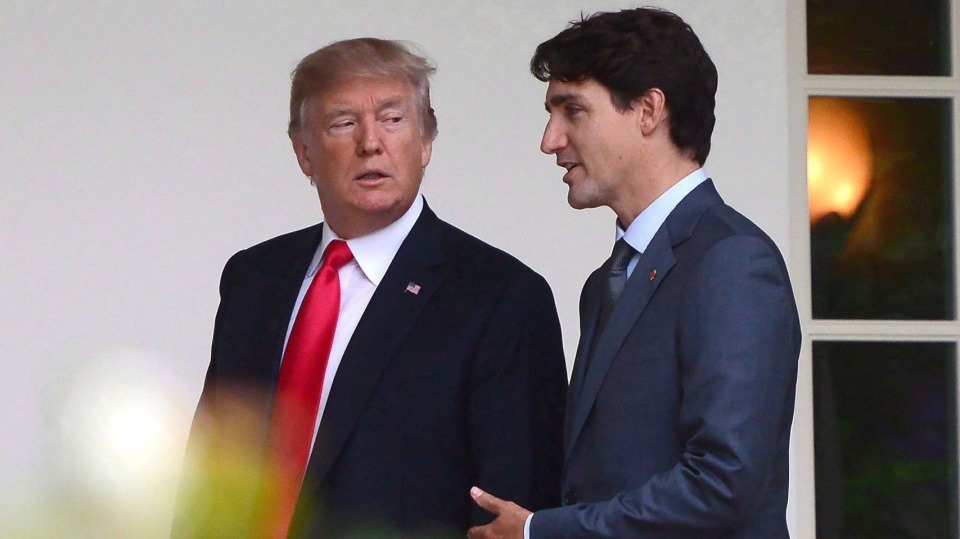Former White House National Security Adviser John Bolton says it was “true” that U.S. President Donald Trump viewed Canada as a political pawn in trade dealings with China — however, he said the president was the only one in Washington who saw it that way. Bolton made the comment in an interview on Sunday.
Tensions between Canada and China dove into a profound freeze following Huawei executive Meng Wanzhou’s arrest in December 2018. Canadian authorities arrested Meng in Vancouver after the United States requested her extradition.
Meng’s lawyers have been contending that Trump poisoned the extradition case when he said he would “certainly intervene” if he thought it was necessary in order to secure a trade deal with China.
“A Canadian court, after extensive proceedings, has agreed that our extradition request has met the dual criminality standard that’s a prerequisite for extradition…there’s only one person in the United States, I think, who doesn’t understand that and I think in a few months he won’t be president anymore.”
As the extradition case has continued to play out in Canadian courts, Canada has paid the price in the form of much chillier relations with China.
“The U.S. asked for the extradition of Meng Wanzhou when she landed in Vancouver about almost two years ago, [and] Canada’s been going through the extradition proceedings. How did China behave? They seized [two] Canadian citizens in China for no reason at all, not even having a good pretext to detain them,” Bolton said.
Chinese state-run media has also ridiculed the idea that Meng would be dealt with by an independent judiciary, and Trump has further fuelled Chinese conspiracy theories about political motivations behind Meng’s arrest with his comments about potential intervention.

The president’s former national security adviser said as the election draws nearer, the “likelihood of defeat” is becoming clear to Trump.
“In our long transition period before January the 20th, if he loses, I do worry about what steps he might take for revenge or just out of reaction to being a loser — which he hates to be,” Bolton said.
“I think that the transition period is a time of defeat that could also be very troubling.”
During a debate with Democratic presidential nominee Joe Biden last week, both men were asked whether they would urge their supporters to stay calm, not engage in civil unrest, and commit to a peaceful transition of power.
Trump would not commit clearly to accepting the result. Instead, he encouraged his backers to be “poll watchers” and cast doubt on the validity of the election due to the number of mail-in ballots anticipated.
Prime Minister Justin Trudeau reacted to this issue on Thursday, saying Canada is “going to be prepared for various eventualities” of the election.
He added that he is “certainly hope that all will proceed smoothly.”
Meanwhile, Bolton has his own hope for the outcome of the November election.
Bolton also shared details of the rationale behind Trump’s approach to slapping tariffs on Canada, noting that “there is no strategy” and that Trump “just likes” tariffs.
The comment comes after Trump cited national security as the rationale behind hitting Canada with steel and aluminum tariffs in May 2018, in the middle of new NAFTA negotiations. The tariffs remained in place for a year, during which time Canada fired back with dollar-for-dollar countermeasures on American steel, aluminum, and a surtax on other goods.
Trump also threatened to slap tariffs on aluminum imports coming from Canada this summer but reneged on the decision at the eleventh hour as Canada was poised to unveil its countermeasures.
Photo credit: THE CANADIAN PRESS/Sean Kilpatrick
News source: CTV News











